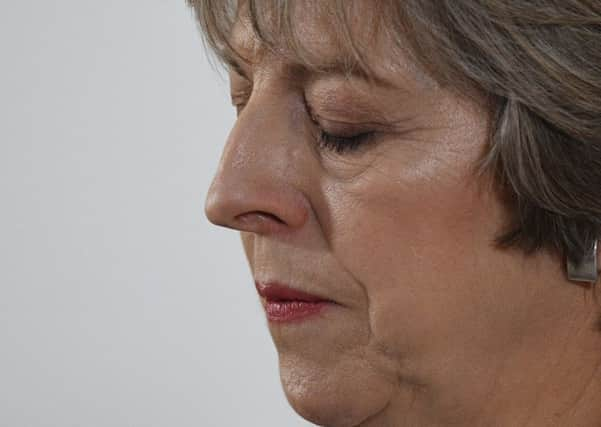Analysis: Now the real business of Brexit begins


In January 2013, David Cameron spoke at the UK home of the Bloomberg news agency to make his case for renegotiating Britain’s membership of the EU and then holding a referendum on his deal.
It was a considered speech which reminded listeners that seven decades of European peace was a remarkable achievement given the continent’s history and that whatever Britain’s differences with its neighbours our fortunes would always be interlinked.
Advertisement
Hide AdAdvertisement
Hide AdHe was praised afterwards for finding a formula which kept Euro-sceptic Conservatives happy while offering the promise of reform and the chance to settle Britain’s membership of the EU for a generation.
Four years later, Cameron’s Bloomberg speech is now seen as the moment he unintentionally set Britain on course for the biggest change in its foreign policy in 40 years and guaranteed his premiership would come to an end much earlier than planned.
It is from that perspective that Theresa May’s speech should be viewed.
She set out a position that will chime with much of the British public - positive on future trade with the EU while walking away from anything which stops Britain managing its borders or subjects this country to rulings from the European Court of Justice.
Advertisement
Hide AdAdvertisement
Hide AdBut despite Mrs May’s insistence she does not want a “half-in, half-out” relationship, to many European ears that, or worse still cherry-picking, will seem exactly what she is proposing.
And her threat to walk away rather than sign a “bad deal” will be seen by some in Brussels as unnecessary sabre-rattling.
As Mr Cameron’s experience shows, the speech that matters is not the one Mrs May delivered today. It is the one she will deliver at the conclusion of the UK’s talks with Brussels when she presents the final deal to the British public.
Only then will we know whether the Lancaster House speech defined her premiership or was merely a signpost along the way.